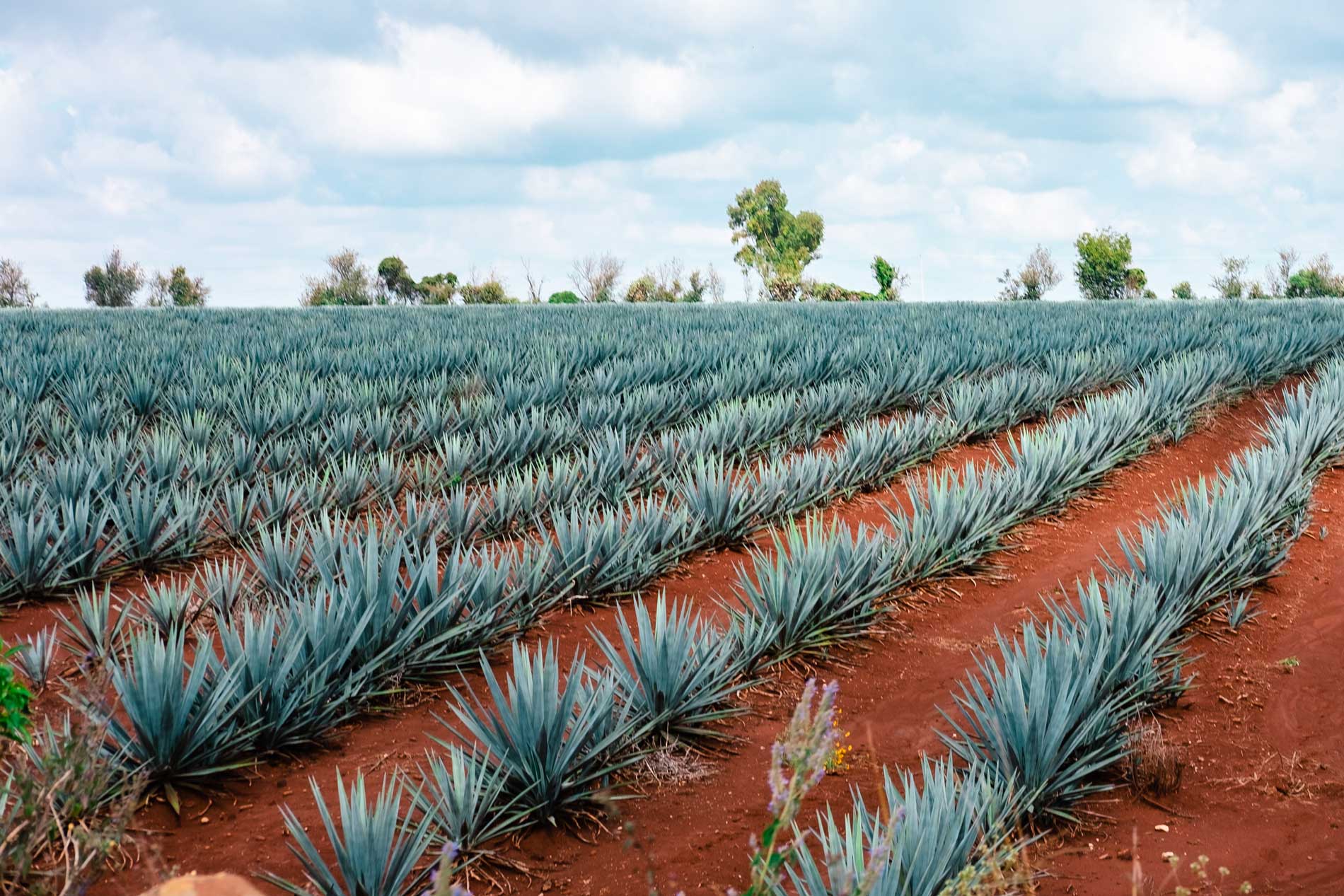The History And Origins Of Tequila
The history and origins of tequila trace back centuries, deep into the heartlands of Mexico. The story begins with the indigenous people known as the Aztecs, who were cultivating agave plants for their nutritious properties long before the arrival of Spanish conquistadors. However, it was during the colonial era that tequila as we know it today started to take shape. Spanish settlers introduced distillation techniques to extract a potent beverage from fermented agave juice.
This spirit was initially called “vino mezcal,” later evolving into what we now call tequila. Over time, tequila gained recognition globally and became an iconic symbol of Mexican culture and heritage, representing tradition, craftsmanship, and celebration worldwide.
Process of Making Tequila: Profitability
The process of making tequila, from agave to bottle, involves several intricate steps that contribute to the unique flavor and character of this beloved spirit. It all begins with the agave plant, which takes 6-10 to grow and mature. Once harvested, the leaves are removed, revealing the piña or heart of the plant. The piñas are then cooked, each master distiller in Jalisco has its own process, but there are three main methods each tinkered in hopes of achieving the world’s best tequila.
After cooking, they are crushed and the extracted juice is fermented using yeast. This fermented liquid is then distilled at least twice in copper stills, resulting in a high-quality tequila. The final product is aged in oak barrels for varying periods, giving it its distinct taste profiles and colors before being bottled for enthusiasts around the world to enjoy.
High Growth Opportunity
The Growing Popularity And Global Demand For Tequila
The tequila industry has experienced a remarkable surge in popularity and global demand in recent years. Once considered a niche spirit primarily enjoyed in Mexico, tequila has now become a sought-after alcoholic beverage worldwide. This growing trend can be attributed to several factors. Firstly, the rise of cocktail culture and mixology has brought tequila into the spotlight as a versatile and flavorful base for innovative drinks.
Additionally, the increasing interest in artisanal and craft spirits has led to a greater appreciation for tequila’s complex production process and unique flavor profiles. Moreover, tequila’s reputation as a high-quality spirit made from agave plants grown exclusively in Mexico adds to its allure among consumers seeking authenticity and tradition.
Opportunity for Investors
2023 Challenges And Opportunities In The Tequila Industry
The tequila industry faces both challenges and opportunities in today’s market. One of the main challenges is the growing demand for sustainable and environmentally friendly practices.
Consumers are increasingly concerned about the impact of production processes on the environment, leading tequila producers to find innovative ways to reduce their carbon footprint and implement sustainable farming methods. Another challenge is the competition within the industry itself.
With more brands entering the market, it becomes crucial for tequila producers to differentiate themselves through product quality, unique flavors, and branding strategies. However, these challenges also bring forth opportunities for growth.

